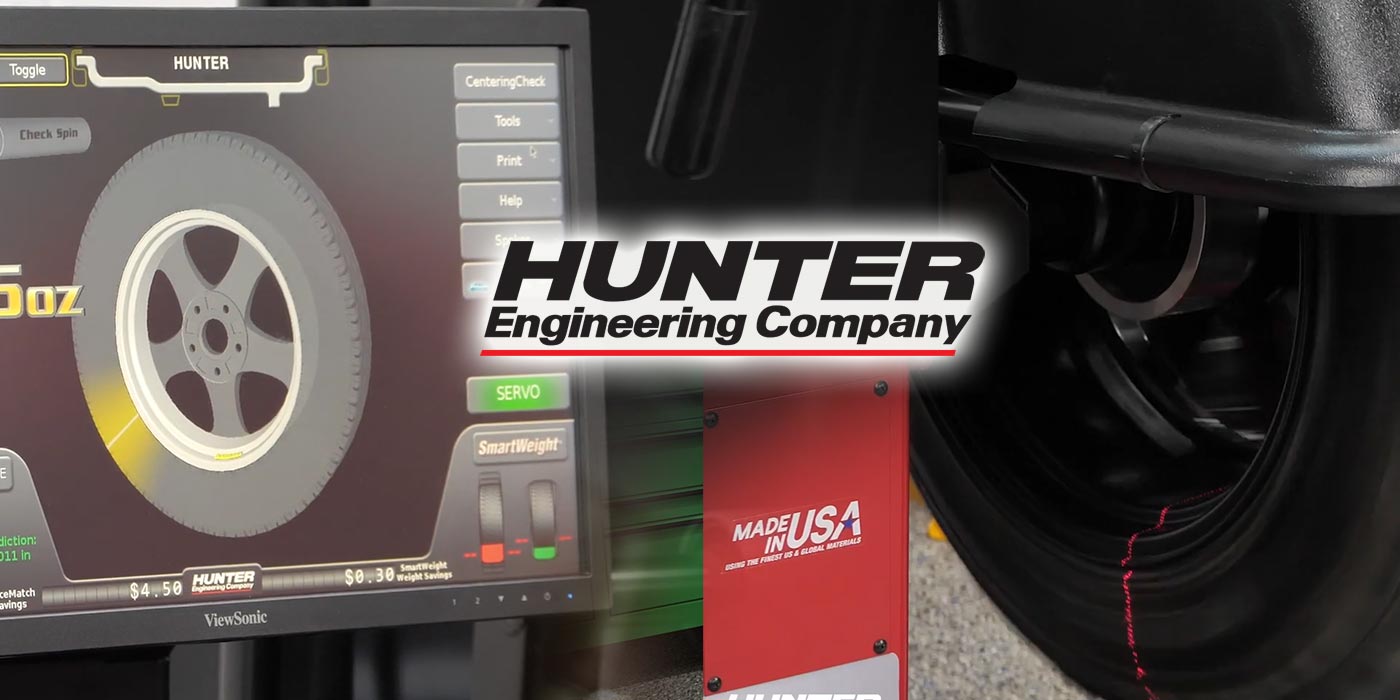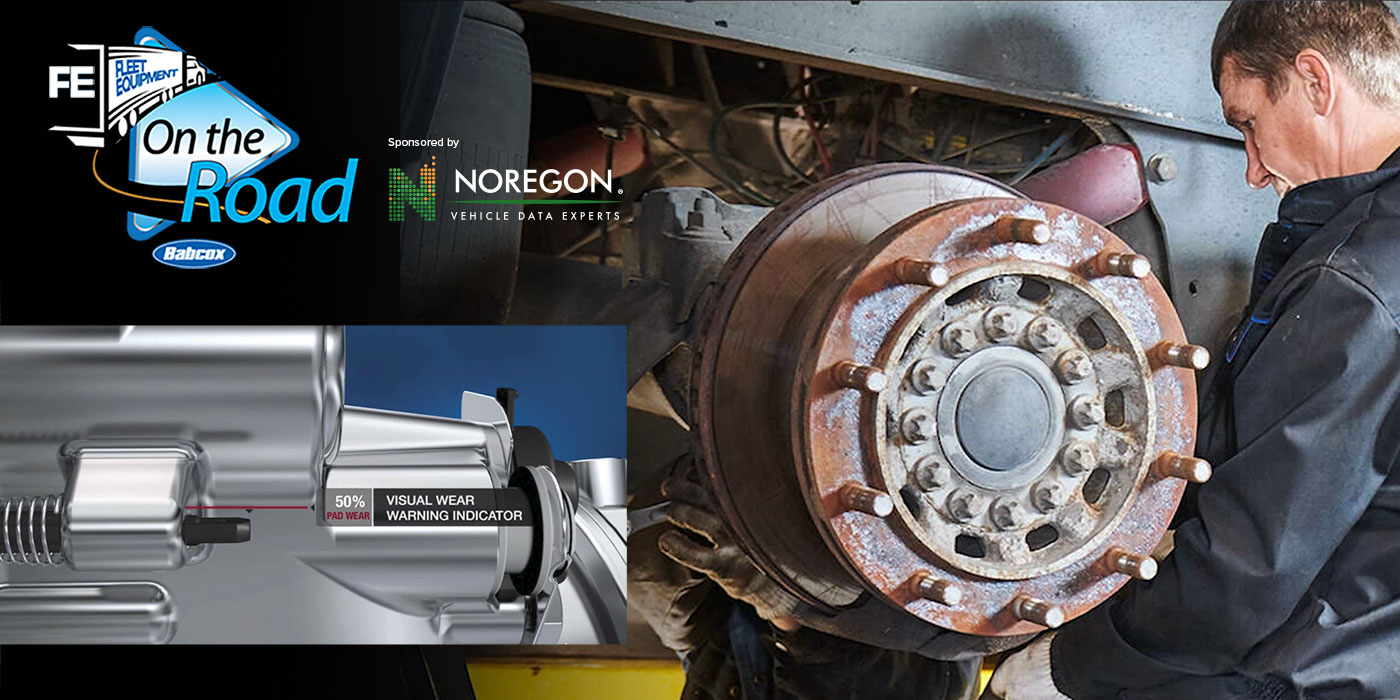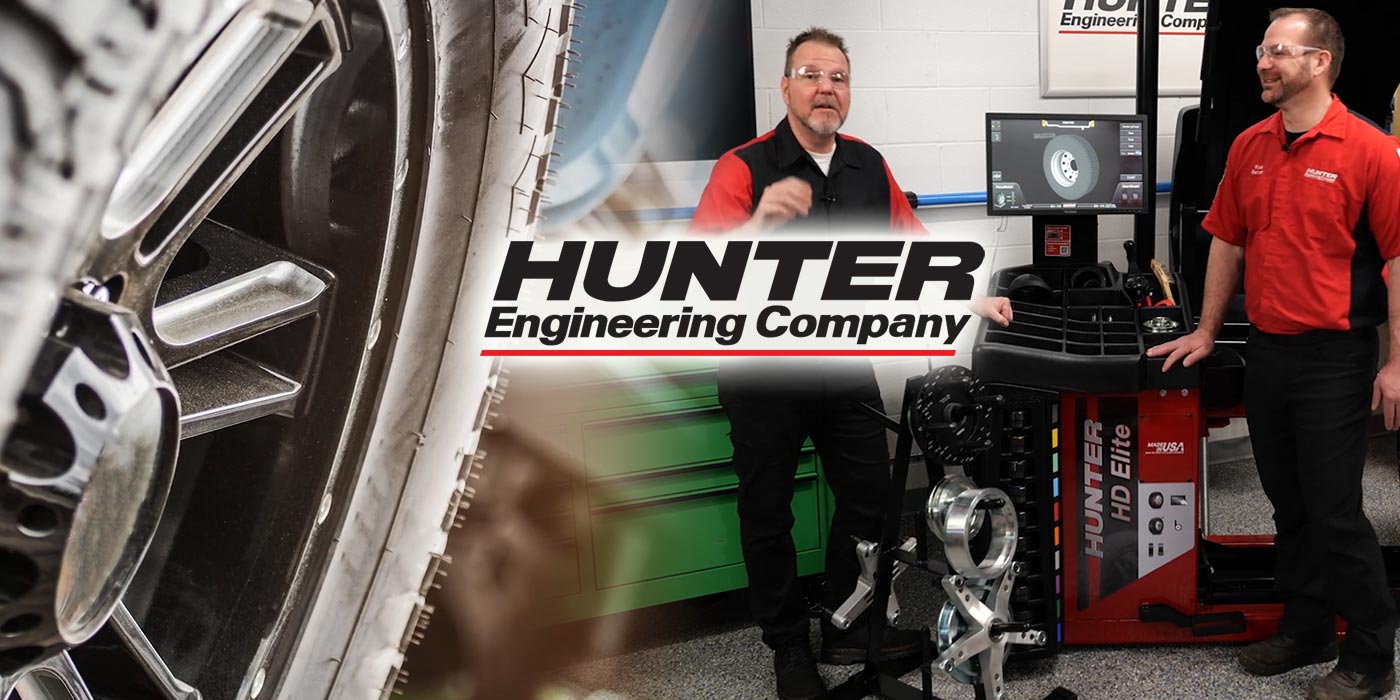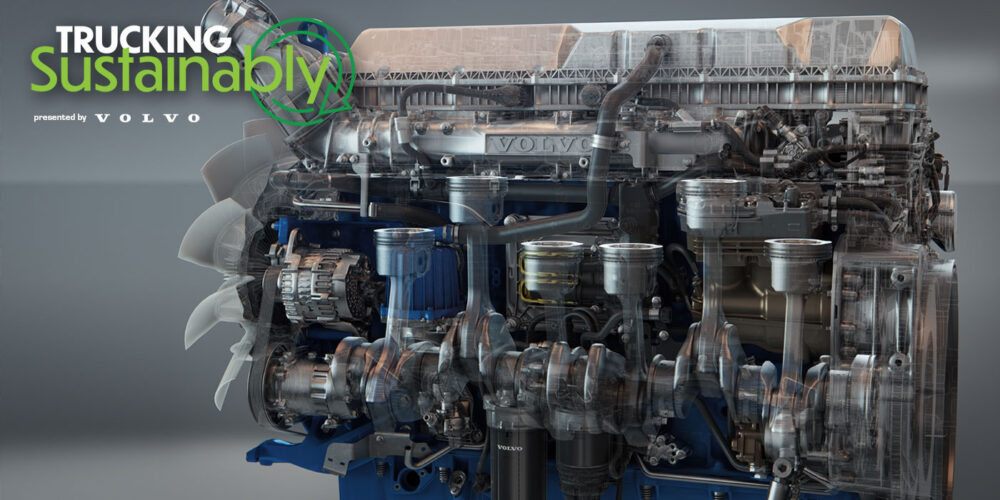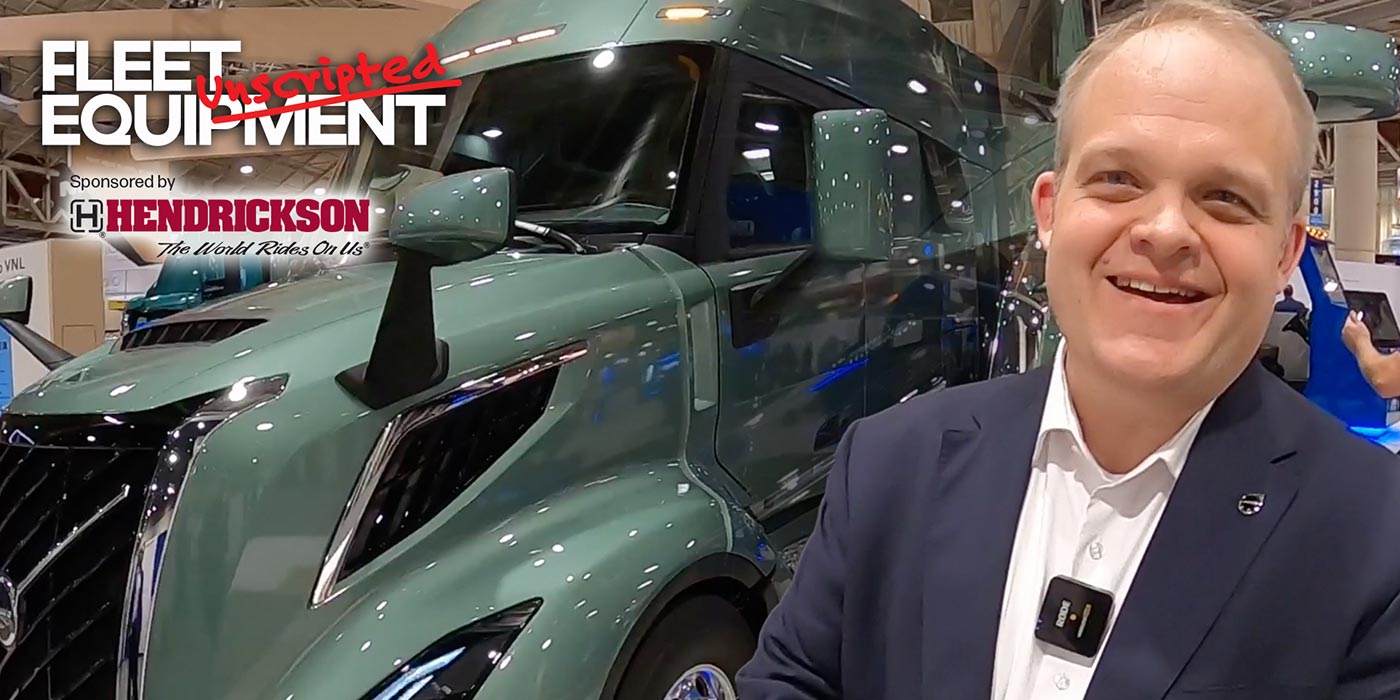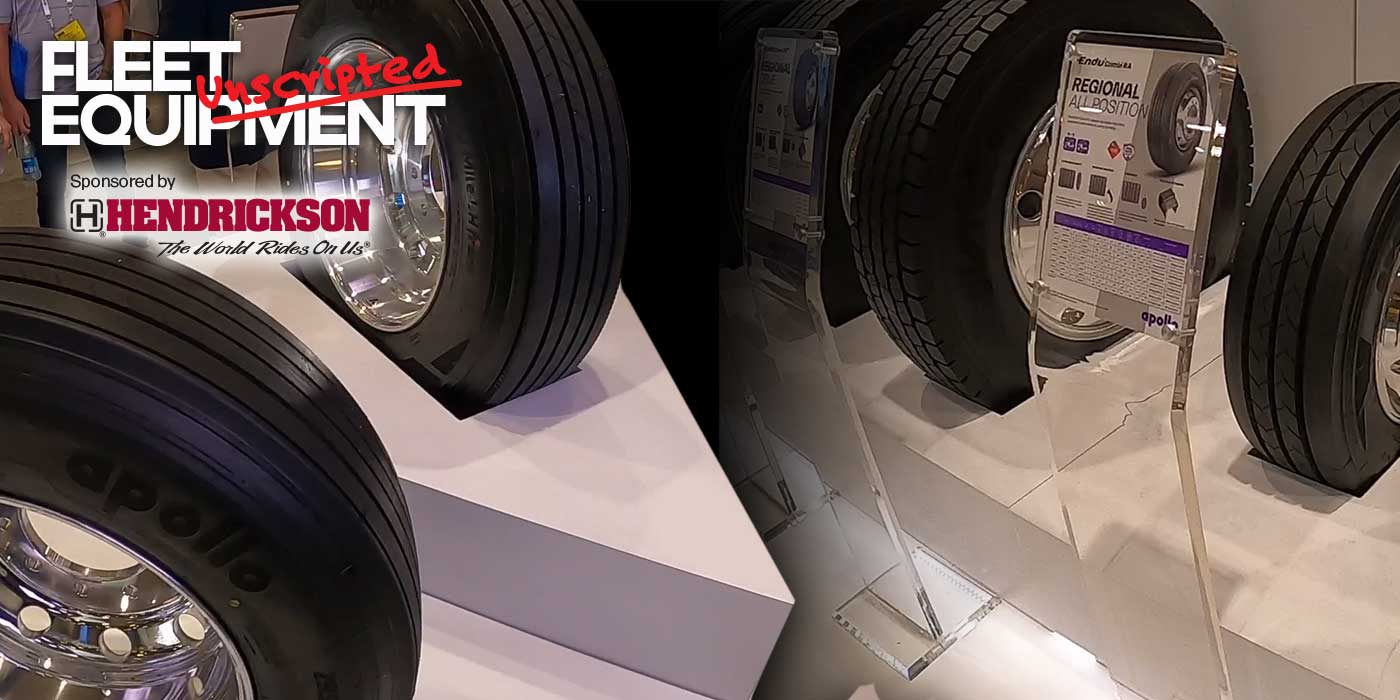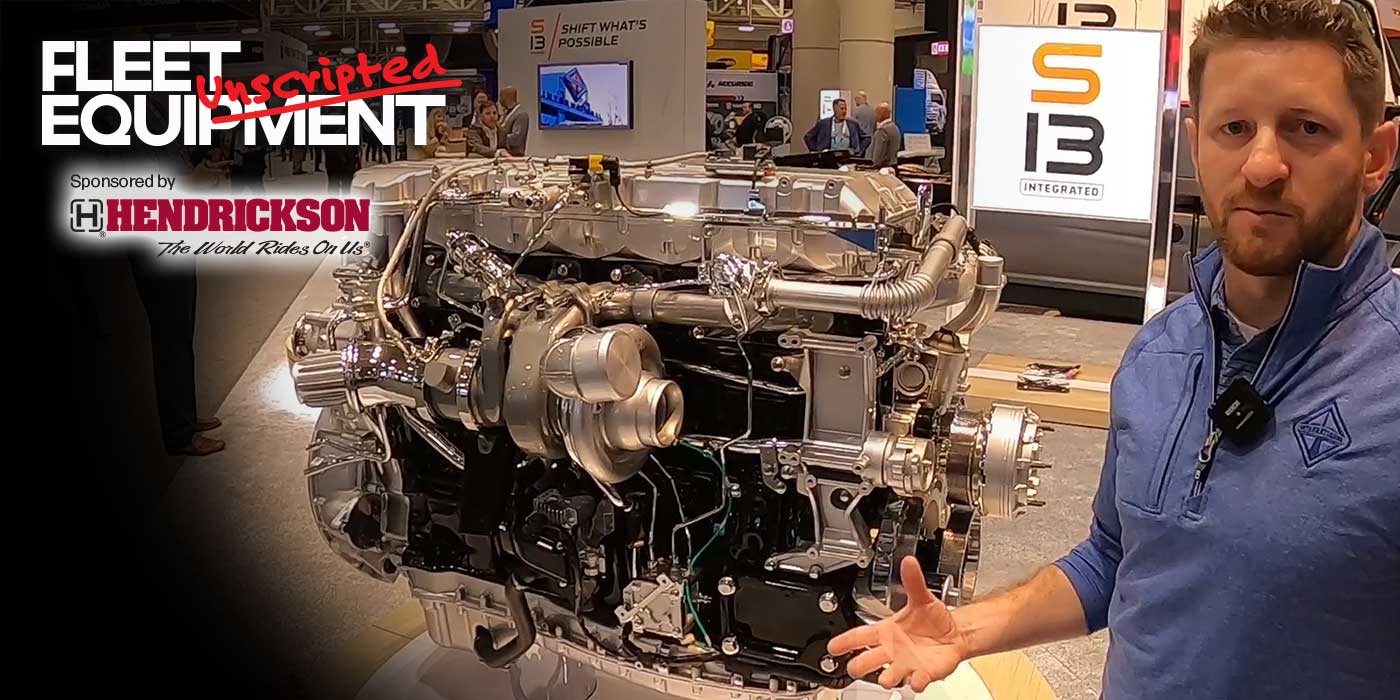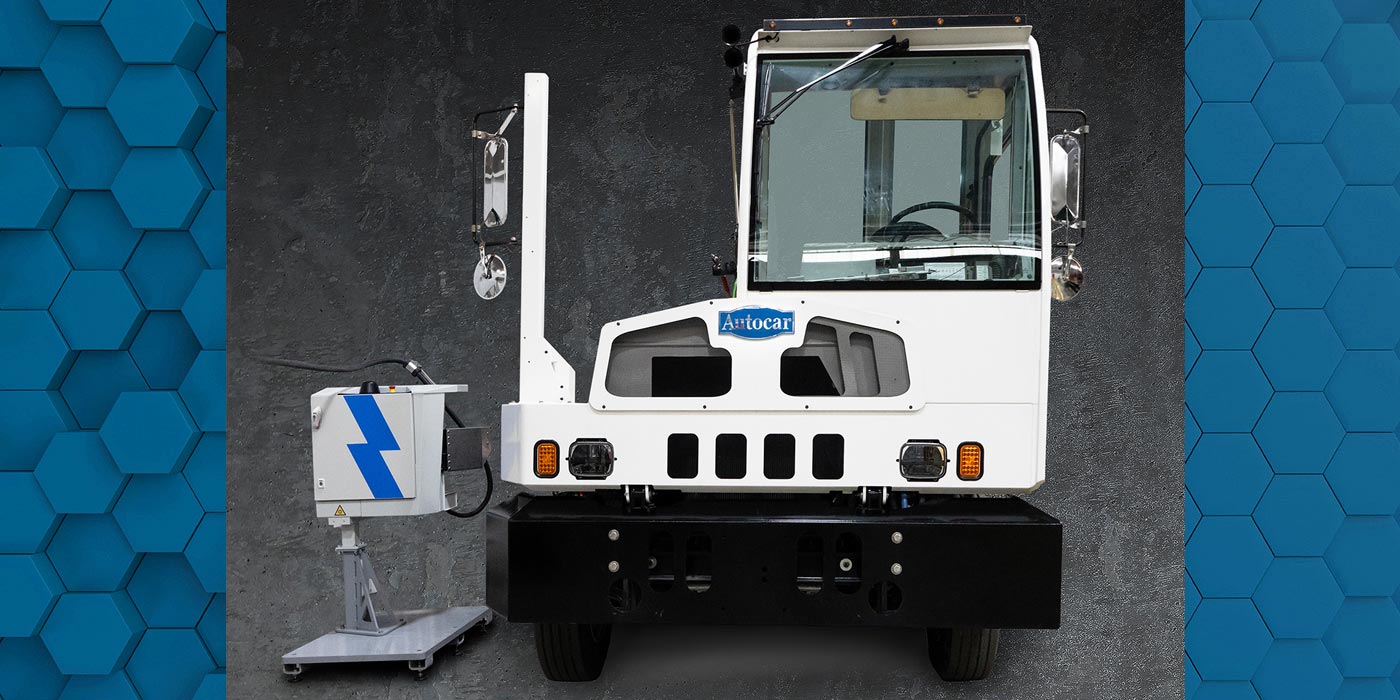Greater sustainability through decarbonization doesn’t mean that you have to make drastic equipment choices. Electric trucks are viable for some applications today (and growth into other applications is mostly certain), but not every fleet can be a first adopter. Business basics come into play; but that doesn’t mean that you sit on the sustainability sidelines. There are smaller equipment choices you can make to decarbonize your fleet.
Mack Trucks had one such option on display at ATA’s MCE conference last month. The OEM announced a factory-installed electric Auxiliary Power Unit (eAPU) option for its 70-in. Mack Anthem sleeper models. The press release bullet points touted that the Idle Free Series 5000 eAPU offers increased air cooling capacity, reduced idling and simplified maintenance. But I wanted to find out more: What’s the demand that necessitates a factory option? How does it improve driver comfort over diesel APU options? And, could this move fleet sustainability goals forward?
Luckily, Stu Russoli, highway product manager for Mack Trucks, was manning the booth, saw me muttering these questions to myself and came over to help me out. Watch Stu walk us around the Mack booth and detail the eAPU option in the video above.
Sage service advice from Stu
Mack Trucks made a bevy of announcements during this year’s show season. Catch up on its TMC announcement by clicking below:

No script? No plan? No problem. Welcome to Fleet Equipment Unscripted—the video interview series that connects you with the greatest minds in the heavy-duty trucking world.
Bookmark the Fleet Equipment Unscripted page to catch all of our Unscripted episodes, and subscribe to our newsletter by clicking here to have the latest news and in-depth trucking stories delivered straight to your inbox.
Fleet Equipment Unscripted is sponsored by Hendrickson.

